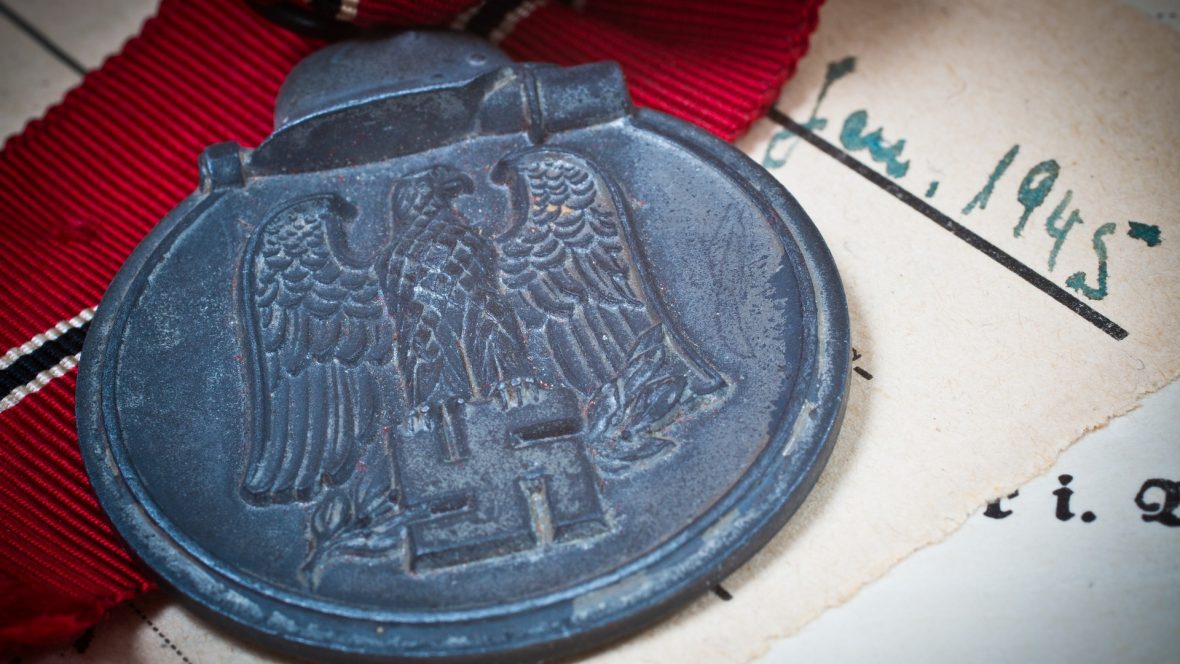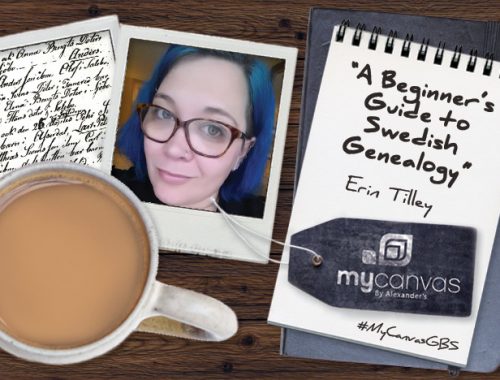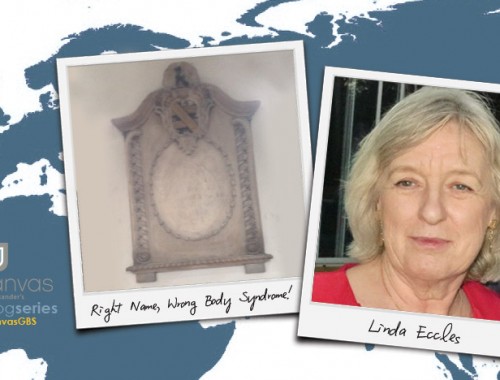If you’re just getting started on family history, finding enough information can be intimidating. Or maybe you want more out of your family history than simply dates and possibly a photo. Where better to start than looking for family history in your own home? Your house–and maybe the houses of your immediate family members–can hold the stories of your ancestors if you know where to look.
Family Books
The books a person kept can tell you a lot about their life and their personality. Ranging from their favorite novel to an heirloom Bible, books may give you a lot of information on your ancestor. In your home, look for:
- Family Bibles and other heirloom books where records might be kept
- Yearbooks of your family members
- Baby and wedding books
- Textbooks
- Novels, old editions, and other books your family members would have kept
- Notebooks, letters, journals, and diaries
Records
Official records are, of course, the best resource for building your family tree. Most often, because of their nature, they’re good for dates and locations. But with the right kinds of records, you can glean a story from them as well. This could tell what kind of life your ancestors or extended family lived, helping them become more than just a name and date. Within your family, try to find:
- Certificates: birth, marriage, death, divorce, graduation, baptism
- Military records
- Employment and financial records
- Legal papers
- Citizenship papers: registration, naturalization, passport, visa
- Announcements for weddings, graduations, funerals, births, or birthdays
- Licenses and permits: business, driving, hunting, fishing, concealed carry, etc.
- Health records
- Bills and check stubs to find occupations and addresses
Heirlooms
Household items passed down from person to person can tell a story all their own. Because we hang onto heirlooms, these may be easier to find and tell a story from.
- Silverware/dishes
- Needlework, clothing, and quilts
- Souvenirs
- Engraved jewelry
Though they’re not often common, you can also look for your family coat of arms, whether in your home or online. Sometimes these coats of arms tell the story of where your family–or at least your family name–originated. You can learn your family motto or other ancestral beliefs and tenets.
Memories
The memories your family chose to keep around can also tell you a lot about their lives. These can cross over with heirlooms, but are often actual stories.
- Newspaper Clippings
- Home movies
- Family traditions and their backgrounds
- Oral histories
- Recordings
Just starting at home can tell you a much more complex and personal story than mere dates and names. So if you’re looking for stories to tell, start with what’s familiar and may be right at your fingertips.
What memories have you found within your own home? Comment below and share your experiences finding stories at home.




